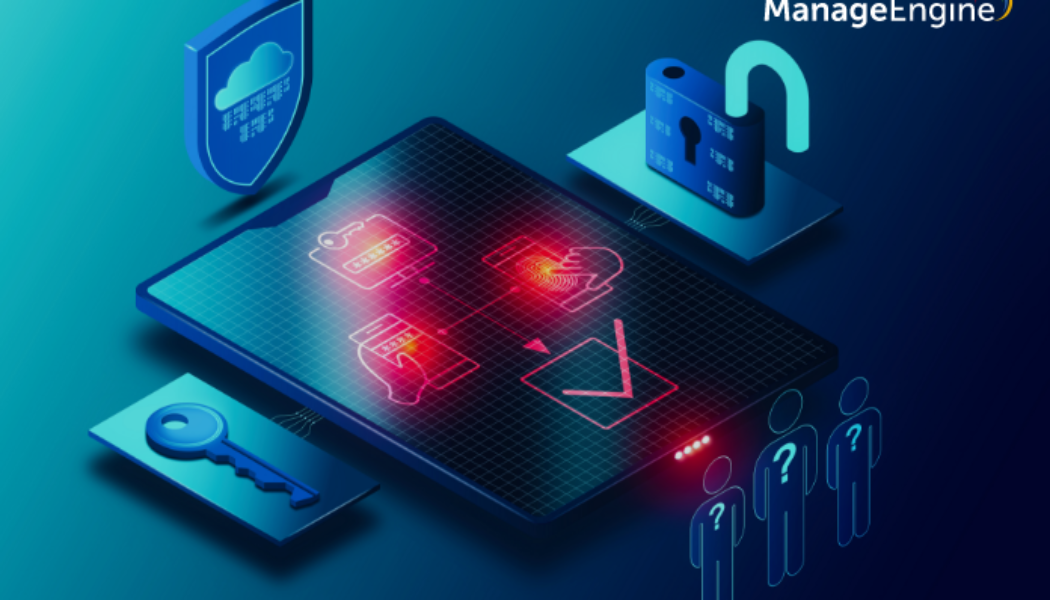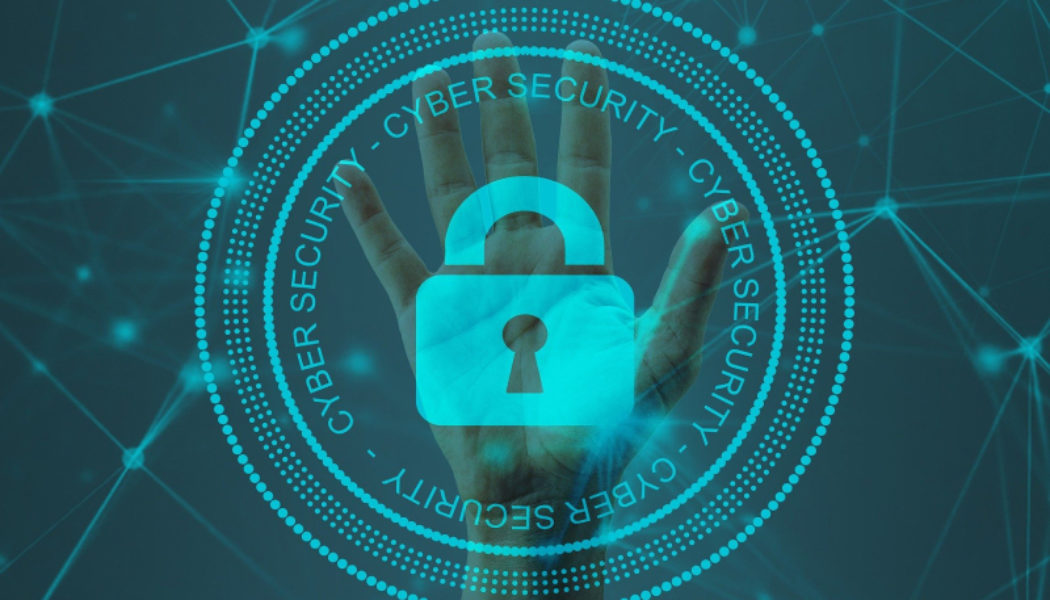Security
African users hit by new malicious WhatsApp mod
Kaspersky researchers discovered a new malicious version of a popular WhatsApp messenger mod dubbed YoWhatsApp. Popular for having features that the official app does not offer, this mod spreads the notorious Triada mobile Trojan, which can download other Trojans, issue paid subscriptions, and even steal WhatsApp accounts. Users around the world were affected by this threat in the last two months, and more than a quarter of them, 27% from the META (Middle East, Turkey, Africa) region. Within the META region, 27% of users affected were from African countries. This new malicious mod is advertised in the popular Snaptube app and is also distributed via Vidmate. This makes the mod look much less suspicious to potential targets and expands the possible number of victims. WhatsApp is one of the ...
Industry exec explains why NFT fraud protection falls on brand and not marketplaces
Nonfungible token (NFT) marketplaces should commit to combat fraudulent NFTs, but brands are far more responsible for protecting NFT investors, according to one industry executive. Brands that issue NFTs should be taking the first step to protecting themselves and potential investors from fraud, BrandShield CEO Yoav Keren said in an interview with Cointelegraph on Oct. 12. According to Keren, it’s more straightforward for a brand to recognize NFTs that were not released by the company itself rather than marketplaces like OpenSea or Rarible. NFT marketplaces usually have fewer insights into which brands are creating NFTs when they are launching and other details, the CEO noted. Although marketplaces should not be negligent of the reality of NFT fraud, it’s still a must for brands to keep th...
Recovering from a Cyberattack in 15 minutes
A cyber attack is an episode of unauthorized computer use to either steal information or disrupt systems, networks, or the operation of the computer itself. Because cyber attacks can be carried out from anywhere with access to the Internet and a computer, they are far more difficult to detect and prevent than traditional physical attacks. Once successful, a cyber attack can lead to financial loss, downtime, data loss and even physical damage. Victims of a cyber attack may also have their personal information stolen and could face identity theft if their passwords are compromised. To prevent an attack, it’s important to harden your network by limiting access to only the people you want to have access, updating security software regularly, and conducting regular backups. If you are already a...
How Behavioural Biometrics Can Protect Organisations and Their Customers Against Fraud
The rapid rise in digitisation, self-service onboarding and faster payments has left many banks, financial institutions and their customers at risk from fraudsters and cybercriminals. While many fraud- and risk-management measures severely hamper customer experience, MoData’s AI-driven Behavioural Biometrics platform ensures that the customer experience remains seamless while delivering advanced fraud protection. It does this by transforming digital behaviour into powerful insights that red flag fraudulent behaviour, helping financial institutions and digital businesses to deliver a comprehensive fraud-management strategy while building an online environment where customers feel safe to interact. “Organisations need a layered approach to fully protect themselves and their customers against...
How a Data Breach Could Sink an SME
Sourced from CSO. When it comes to reporting on cybercrime, we tend to only come across stories impacting major companies or industries. Apart from the obvious reputational damage, we don’t really grasp the consequences of something like a data breach on a company and its customers. There are no headline articles about the troubles that emerge in the wake of a data breach, some of which literally grind small and medium enterprises (SMEs) into the ground. The media focuses on corporate giants as the only victims of cybercrime and lulls us into a false reality where data breaches seem to happen mostly to corporate behemoths but not the small or medium size business owners. Cybercriminals, who are often well-organised and well-resourced, launch constant attacks on data targets, probing for th...
The art of distrust–how Zero Trust can help maintain a secure hybrid work model
Never trust, always verify–the need for Zero Trust There’s a fairly high chance you already know how Zero Trust works, especially if you’re involved in IT. But even if you know what it is, do you know why this principle is as important as it is? And does it actually offer real world benefits to an organization? The last two years demonstrated that many organizations can operate without necessitating that everyone must come into an office building to work. Daily commutes became unnecessary, a thing of the past. Work was still getting done and organizations enjoyed reduced costs. Consequently, some companies have moved to a complete remote work model, while most have opted for a hybrid work arrangement. Remote work arrangements (both hybrid and full remote) brings with them their its ow...
SA’s Cybersecurity Professionals Feel They’re “Losing Ground” Against Cybercriminals – Study
Image sourced from Pixabay Less than 40% of South African security operations (SecOps) professionals are very confident in their ability to adapt to new online threats, with 34% only somewhat confident. While 18% are not confident in their ability to deal with continuously evolving threats, over 10% are undecided. This was part of a global research study released today by Trellix, the cybersecurity company delivering the future of extended detection and response (XDR), revealing the cost of siloed security, weak spots in protection and lack of confidence amongst SecOps teams. “Although South Africa is slightly ahead of the curve (relative to the global average) in its preparedness to deal with attacks, the number of threats is fast increasing, along with the stakes that attackers are playi...
Pentagon contracts with Inca Digital for a security-focused digital asset mapping tool
Digital asset data analytics company Inca Digital will study the implications of digital assets for national security under a year-long contract with the Defense Advanced Research Projects Agency (DARPA), the company announced on Friday. DARPA is the R&D branch of the United States Department of Defense. Inca Digital will work on a project called “Mapping the Impact of Digital Financial Assets,” which will aim to create a “cryptocurrency ecosystem mapping tool” to provide information to the U.S. government and commercial businesses. Besides looking at possible money laundering and sanctions evasions, the project will contribute to understanding interactions between traditional and digital financial systems, money flows into and out of blockchain systems and other uses...
BNB Chain launches a new community-run security mechanism to protect users
BNB Chain, the native blockchain of Binance, has launched AvengerDAO, a new community-driven security initiative to help protect users against scams, malicious actors and possible exploits. The security-centric decentralized autonomous organization (DAO) has been developed in association with leading security firms and popular crypto projects such as Certik, TrustWallet, PancakeSwap and Opera, to name a few. The AvengerDAO security initiative mainly consists of three major components, namely a passive API system called Meter, a subscription-based alert system called Watch, and a programmable fund management system called Vault. When a user on the BNB Chain interacts with any applications or counterparties, AvengerDAO adds an additional layer of security. The Meter API system fetches s...





















